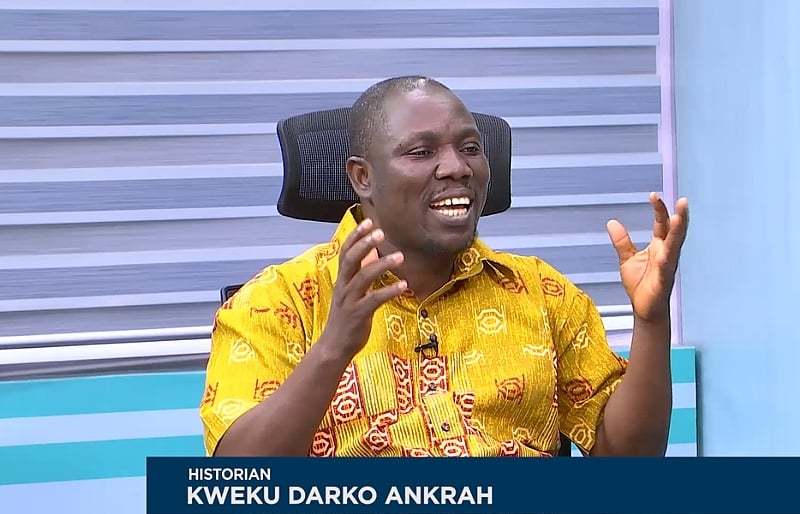The debate surrounding the naming of Ghana’s international airport after Lieutenant-General Emmanuel Kwasi Kotoka has resurfaced, fueled by a lawsuit and amplified by historian Kwaku Darko Ankrah’s vocal support for renaming the facility. The crux of the argument lies in Kotoka’s pivotal role in the 1966 coup that ousted Ghana’s first president, Dr. Kwame Nkrumah. Democracy Hub and the Convention People’s Party (CPP), the plaintiffs in the lawsuit, contend that honoring a figure instrumental in overthrowing a democratically elected government contradicts the very principles of democracy that Ghana espouses. Maintaining Kotoka’s name on such a prominent national symbol, they argue, implicitly condones unconstitutional seizures of power. They advocate for a name change that reflects Ghana’s commitment to democratic governance and honors figures who embody those ideals.
Ankrah reinforces this perspective, emphasizing the importance of carefully considering the historical contributions of individuals honored through national monuments. He argues that such designations represent a nation’s gratitude and respect, signifying recognition of exceptional service and positive contributions to the nation’s development. Conversely, honoring individuals associated with acts that undermine democratic values, such as coups, sends a conflicting message and potentially legitimizes undemocratic actions. Ankrah suggests that those defending the current name may be focusing narrowly on Kotoka’s death near the airport rather than the broader implications of his actions on Ghana’s democratic trajectory.
The controversy surrounding Kotoka’s legacy centers on the interpretation of the 1966 coup. While some may view it as a necessary intervention against Nkrumah’s perceived authoritarian tendencies, others, including the plaintiffs and Ankrah, condemn it as an affront to democratic processes. The debate highlights the complexities of historical memory and the ongoing struggle to reconcile conflicting narratives about pivotal moments in a nation’s past. The choice of who to honor through national symbols becomes a powerful statement about a nation’s values and its interpretation of its own history.
The lawsuit and Ankrah’s intervention raise fundamental questions about how nations grapple with their past and choose to represent themselves to the world. Maintaining Kotoka’s name on the airport, the plaintiffs argue, perpetuates the legacy of a coup d’état, potentially undermining efforts to consolidate democracy and promote respect for constitutional processes. They advocate for a renaming that reflects a commitment to democratic values and honors figures who have contributed positively to Ghana’s democratic development. The ongoing debate serves as a reminder of the symbolic power of national monuments and their role in shaping collective memory and national identity.
Ankrah criticizes successive governments for failing to address this issue, suggesting a lack of sensitivity to the historical implications of retaining Kotoka’s name. He questions why, despite decades passing since the coup, Ghana’s leadership has not taken steps to rename the airport, opting instead to maintain a connection to a controversial figure whose actions remain a point of contention. This inaction, he implies, reflects a failure to fully embrace democratic principles and reconcile with the complexities of Ghana’s past. The failure to address this issue, according to Ankrah, perpetuates a potentially problematic narrative about Ghana’s commitment to democracy.
The ongoing debate regarding the airport’s name highlights the broader challenge of navigating historical controversies and choosing how to commemorate figures from the past. It raises questions about the criteria for national recognition and the messages conveyed through the naming of public spaces. Ultimately, the decision of whether to rename Kotoka International Airport will have profound implications for how Ghana represents its history, values, and commitment to democratic principles. It is a decision that requires careful consideration of competing perspectives and a nuanced understanding of the historical context surrounding the 1966 coup and its enduring legacy.


